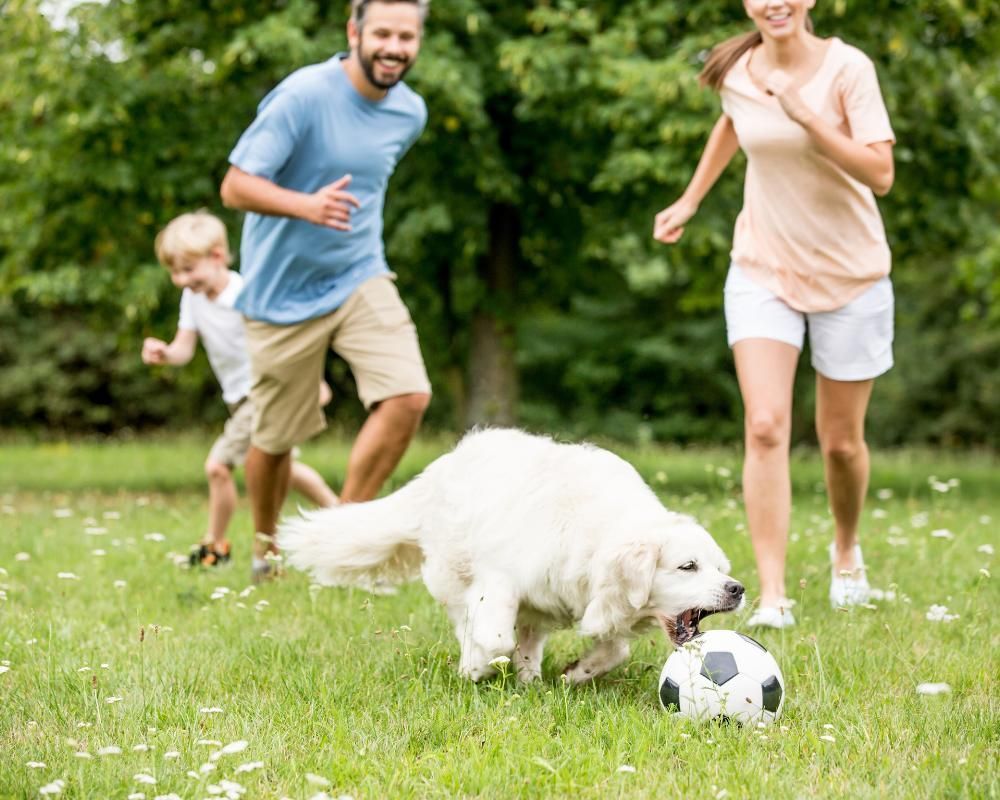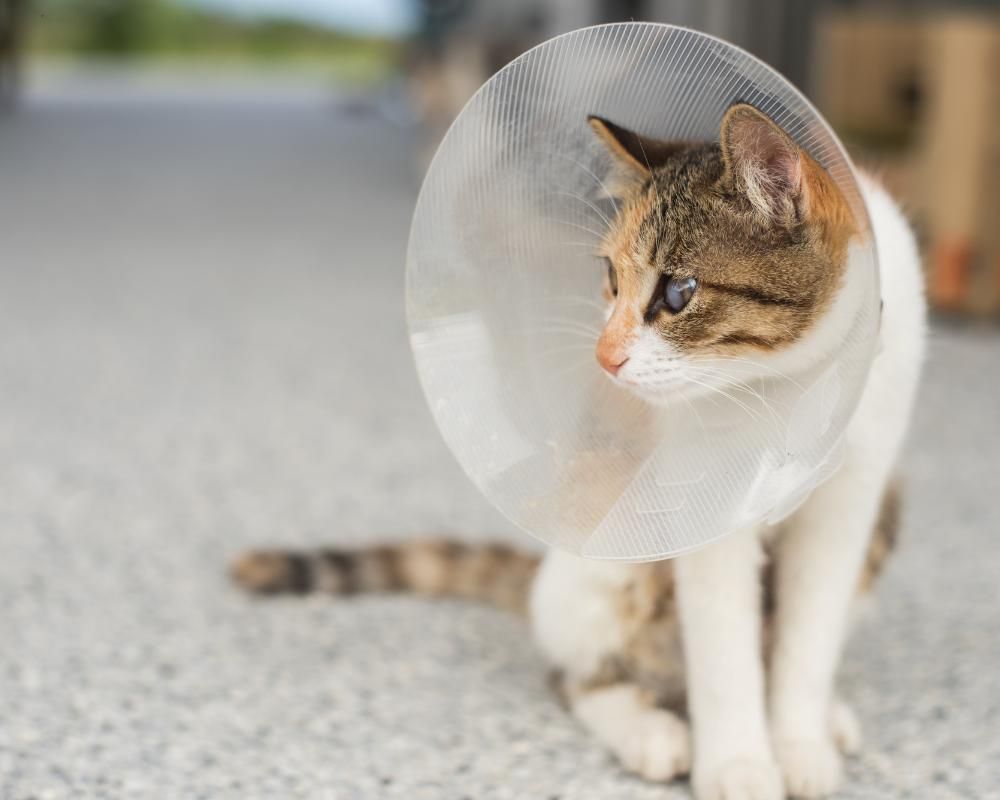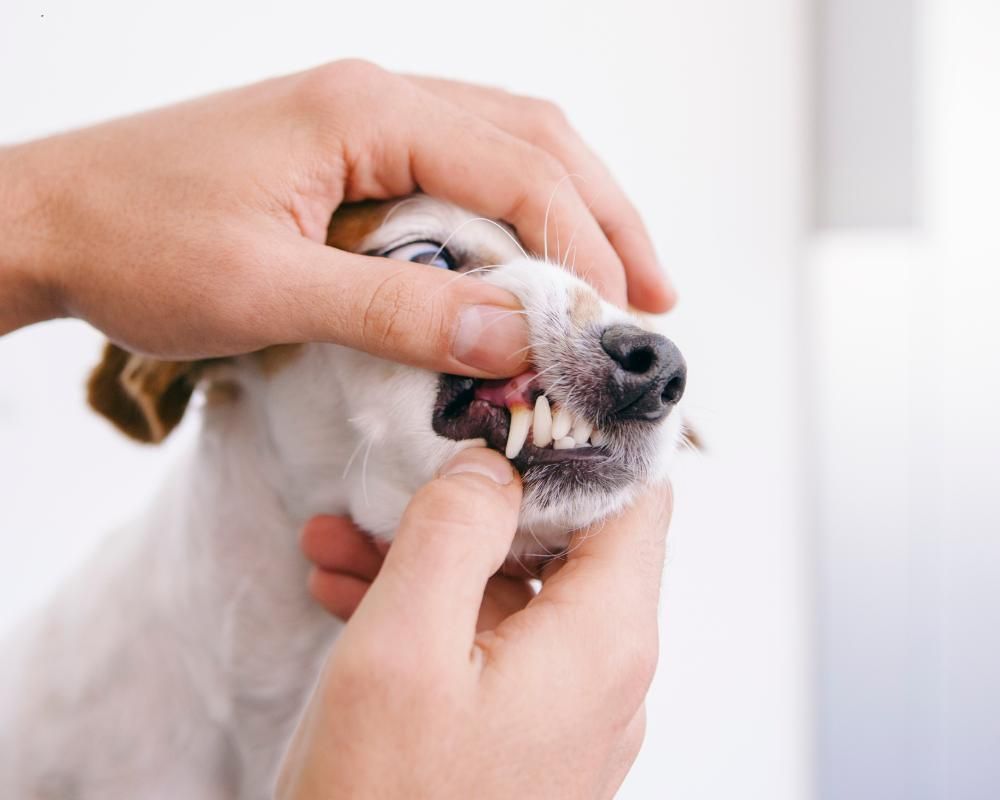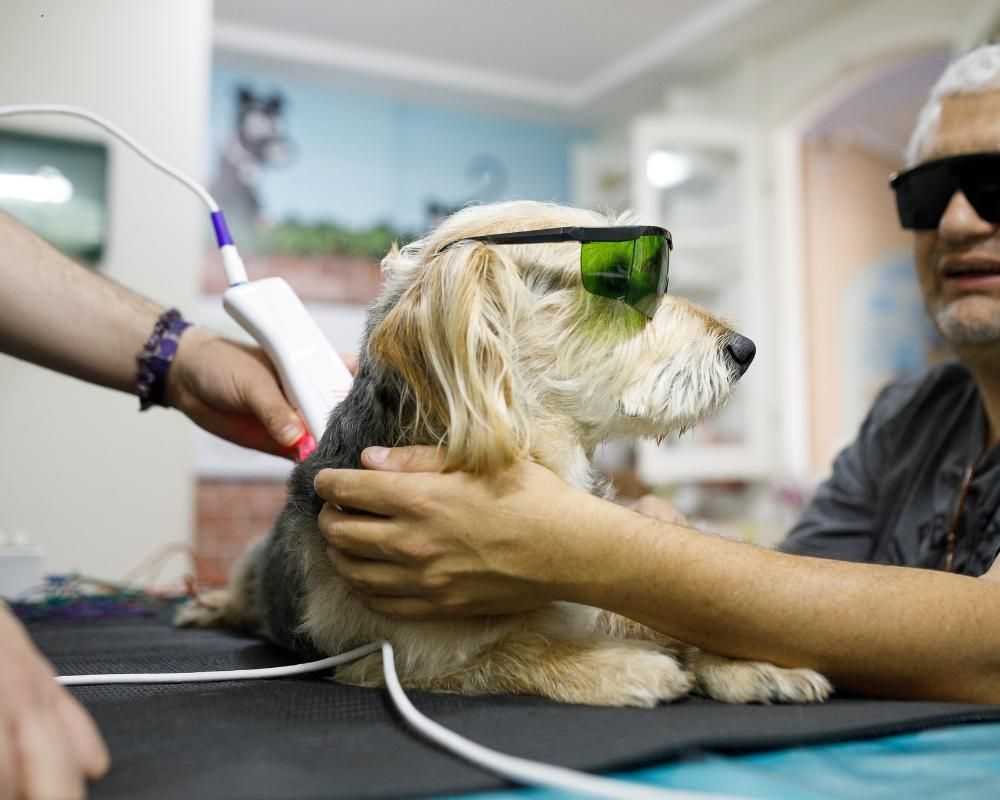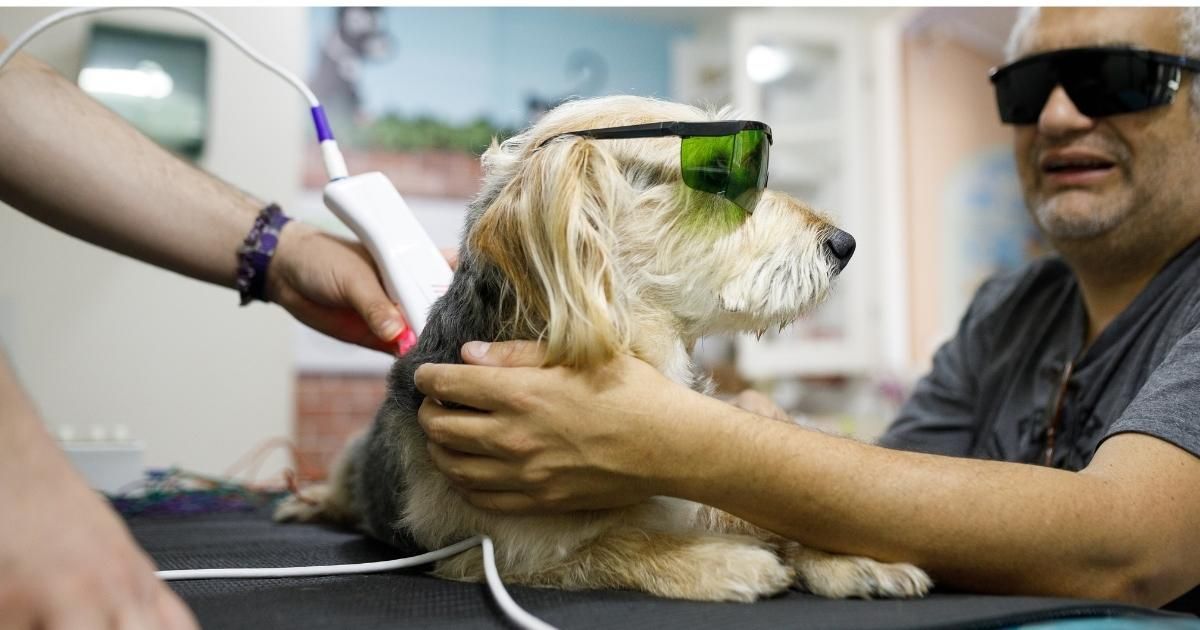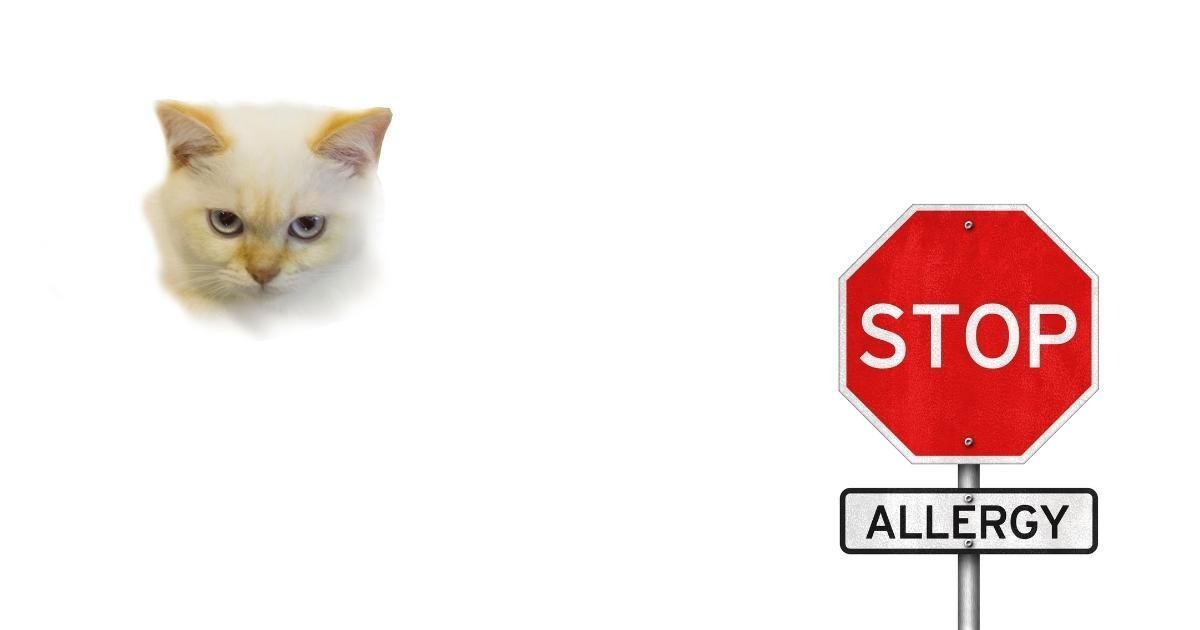Cat Got Hairballs?: What Are They & Why Do They Happen?
What Is It About Cats and Hairballs?
Is your cat hacking and coughing like a 1800's miner or making sounds like they're trying to expel a demon making you want to run to the vet? As a cat owner you are probably of the common occurrence of dealing with cat hairballs. You may have found yourself here because as a cat owner, you want to learn the best hairball remedy or you may be a new cat owner wanting to educate yourself on hairball symptoms or how to treat hairballs in cats.
What Is A Hairball?
First, let’s discuss what a hairball is. If you have ever had a cat lick your hand you’ve probably noticed how rough their tongues are. A cat’s tongue has tiny hook-like structures on their tongue, which catch loose and dead hair as they lick and groom themselves. During times of stress, hot weather or
during flea and tick season this can increase. Often times this hair is eventually swallowed during the grooming process. Most of this swallowed hair has no problem passing through the digestive tract. But if some of the hair stays in the stomach, it can form a hairball. Your cat will get rid of this hairball by vomiting it up. Despite it’s name, it is not shaped like a round ball. Due to passing through the narrow esophagus a cat hairball is a mucous covered mat of hair that is thin and tube-like.
Cat coughing, hacking, gagging, or retching are common first hairball symptoms, or signs of an impending hairball. These sounds are often quickly followed by your cat vomiting up the hairball.
While the sounds and cleanup associated with a cat hairball are certainly unpleasant, they typically are not troublesome on their own. If your cat does exhibit the following symptoms you should consult your veterinarian because they could indicate a potentially life-threatening blockage.
- Ongoing cat coughing, vomiting, retching, or hacking without producing a hairball
- Lack of appetite
- Lethargy
- Constipation
- Diarrhea
You might also be interested in what houseplants are safe around cats.
Read More!
How Can I Prevent Hairballs?
Nothing can completely eliminate the occurrence of hairballs, but there are some steps you can take at home for cat hairball prevention.
- Because hairballs develop after swallowing hair during grooming, keeping your cat well groomed is both the first and best hairball remedy. Combing or brushing your cat on a daily basis helps to eliminate loose hair in the coat so there is less hair for them to swallow when they do their own grooming. Not only does this regular grooming help decrease swallowed hair, and the chances of a hairball forming, it is also a
great bonding experience for you and your cat. Regular grooming is especially important for longhaired cats, but even cats with short hair can get hairballs.
- Pet food manufacturers are now offering hairball formula cat food. These cat foods are high in fiber and can improve the health of your cat’s coat and minimize the amount of shedding your cat does. A diet high in fiber can also improve the function of your cat’s gastrointestinal tract and move any swallowed hair through the GI tract instead of having it get caught in the stomach to be vomited up as a hairball.
- There are a number products marketed as a hairball remedy for cats. These are typically petroleum based and work to lubricate the hairball so that it can be passed through the GI tract. Some veterinarians believe these products can do more harm than good and have no place in hairball treatment for cats.
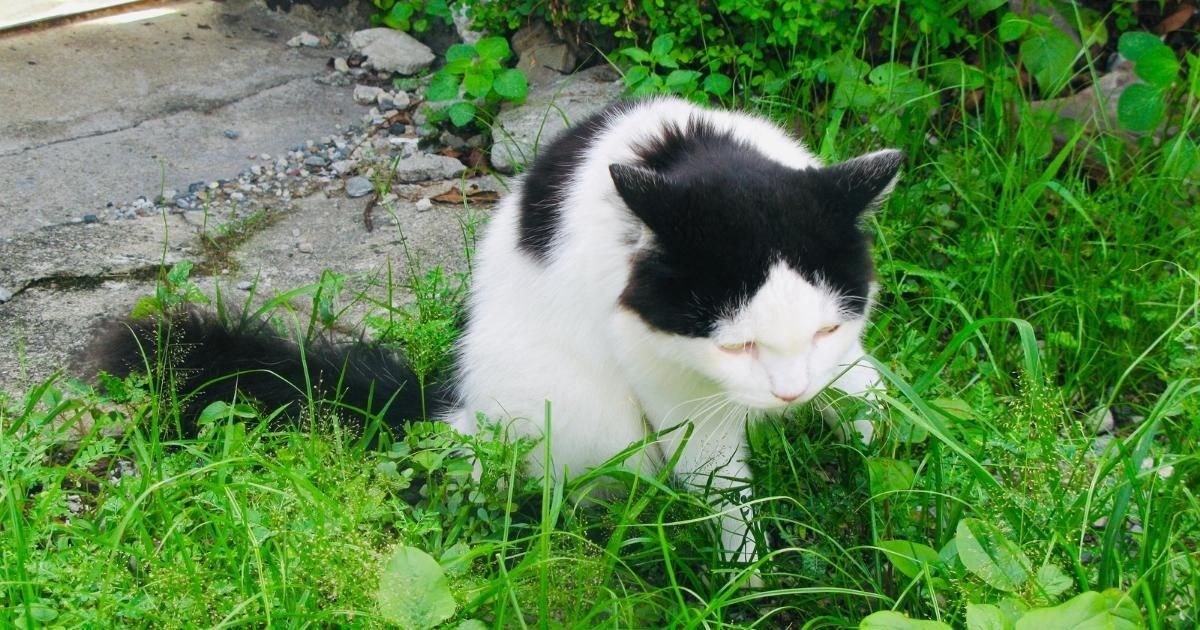
How Do I Treat Hairballs in My Cat?
While a cat hairball is a normal and common affliction with cats, it should not be happening frequently. If your cat is vomiting frequently with, or without, hair in the vomit, you should visit your veterinarian because this can be an indicator of other health issues. Your vet can provide specific guidance on which hairball remedies might work best for your cat and investigate if there are other health problems contributing to hairball, or vomiting, occurrences.
An occasional hairball is not cause for alarm, but if your cat is producing hairballs more frequently an examination by your veterinarian can check for underlying heath issues that could be contributing to the issue. The inability to pass hair through the digestive system can be an indicator that the digestive system is not operating efficiently. A thorough exam can provide insight as to what is causing the slowdown of the gastrointestinal system. If your cat is dealing with hairballs with increasing frequency it does not mean there is a more serious underlying issue, the solution may be as simple as changing their food. But, it is best to
consult with your veterinarian so that you can ensure you are keeping your beloved pet in the best health possible!
Don't Let Hairballs Cause You To Pull YOUR Hair Out Consult With Us Today
The staff and doctors at Chipman Road Animal Clinic are ready to answer any questions you might have regarding hairballs and can advise you on the best hairball treatment for cats, call Chipman Road Animal Clinic 816-524-1886

